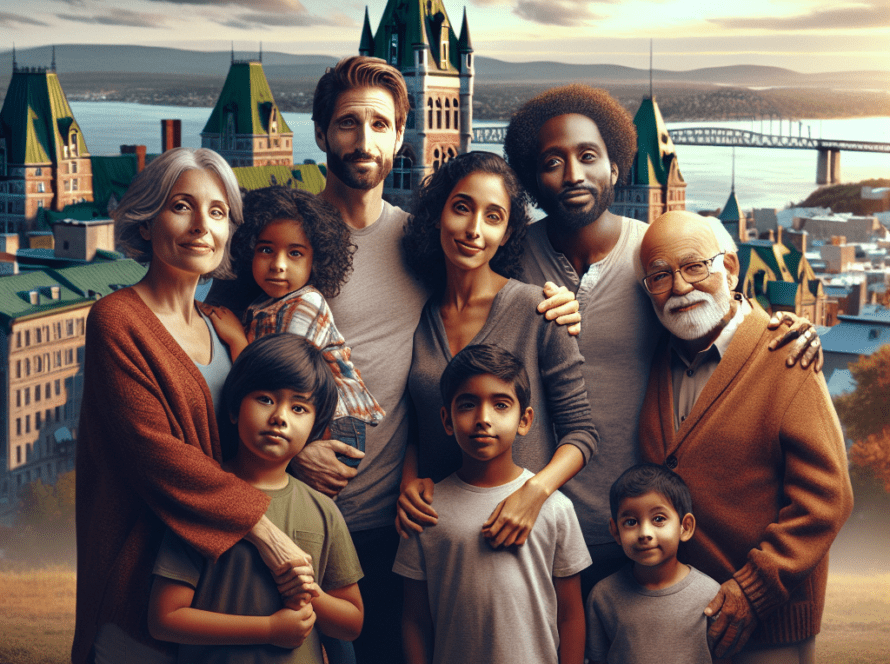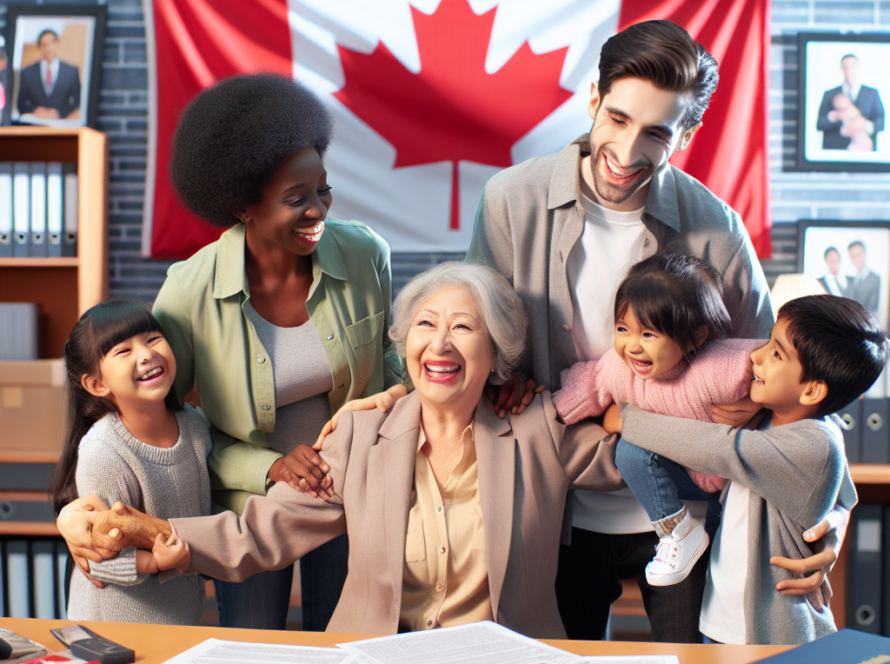Unlock Family Connections: Parents and Grandparents Program Reopens This Month!

Key Points and Analysis of the Reopening of the Parents and Grandparents Program (PGP)
Overview of the PGP Reopening
The Parents and Grandparents Program (PGP) is poised to reopen on May 21, 2024, with Immigration, Refugees and Citizenship Canada (IRCC) set to issue 35,700 invitations to potential sponsors. The goal is to approve 20,500 applications, focusing on individuals who submitted their profiles in 2020, marking the fourth consecutive year the program will prioritize this group.
Eligibility and Process
To participate, sponsors must meet specific criteria, including being a Canadian citizen or permanent resident, residing in Canada, and proving sufficient income to support their relatives. The application process involves submitting an “interest to sponsor” form and waiting for a lottery-based invitation. This system, while random, underscores the high demand for family reunification initiatives in Canada.
Long-Term Commitment
Sponsors are required to sign a legal undertaking, committing to financially support their parents or grandparents for 20 years, or 10 years for those applying from Quebec. This responsibility reflects Canada’s commitment to ensuring that new immigrants do not rely on social assistance.
Alternative Pathway: The Super Visa
For those not selected through the PGP, the Super Visa program offers a viable alternative. It allows parents and grandparents to visit Canada for up to five years, with the option to extend their stay. Unlike the PGP, the Super Visa operates year-round, providing more flexibility for families wishing to reunite.
Insightful Analysis: Navigating Family Reunification in Canada
The reopening of the PGP highlights the ongoing challenges and complexities in Canadian immigration, particularly concerning family reunification. The demand for this program far outweighs the available spots, indicating a societal value placed on family ties. The lottery system, while fair in theory, can leave many families in uncertainty, as they wait for an email that could significantly impact their lives.
A Critical Look at the Lottery System
The random selection process, though designed to be equitable, raises questions about accessibility and fairness. Families who submitted their applications in 2020 have been left in limbo for years, illustrating the backlog and inefficiencies within the immigration system. This situation may lead to disappointment for many who have invested hope and resources into the process.
The Super Visa as a Solution
The Super Visa program serves as an essential safety net, allowing families to maintain close ties even if they are unable to secure permanent residency through the PGP. This year-round application process provides a pragmatic solution for families eager to reunite, albeit temporarily. However, it is crucial for potential applicants to understand that the Super Visa does not offer the same permanence as the PGP, which can be a significant disadvantage for those seeking long-term solutions.
Conclusion: A Path Forward for Families
The reopening of the PGP is welcomed news for many Canadians wanting to bring their parents and grandparents to the country. However, the reliance on a lottery system and the limited number of available spots underscore the need for ongoing reform in Canada’s immigration policies. As the demand for family reunification grows, so too does the necessity for a more streamlined and efficient approach to ensure that families can come together, not just temporarily, but permanently.
For families eager to explore their options, understanding both the PGP and the Super Visa pathways is crucial. Engaging with both programs can provide a balanced approach to family reunification, ensuring that loved ones can be together in Canada—whether for a visit or for a lifetime.



